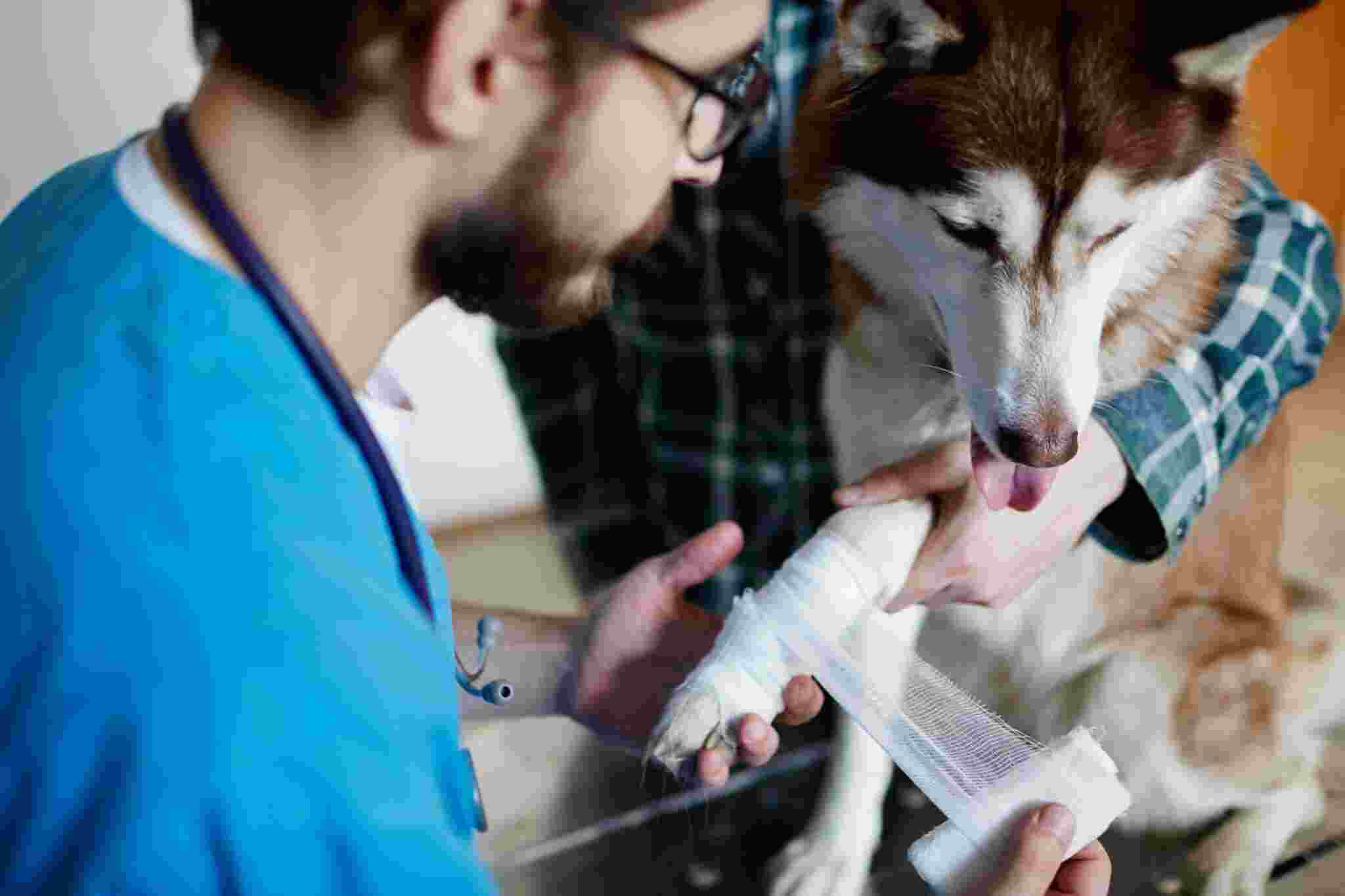


Remember, being informed and prepared is the best way to ensure the health and safety of your furry family member.
As pet owners, we always want the best for our furry companions. But no matter how much we care for them, emergencies can strike at any moment. Whether it’s a sudden seizure, a severe fracture, or an unexpected poisoning, knowing where to turn in a crisis can make all the difference. This is where an emergency veterinarian service becomes a lifesaver.
A pet emergency is any sudden illness or injury that requires immediate medical attention. Unlike routine vet visits, emergencies can be life-threatening and demand urgent care. Here are some common emergencies that pet owners may face:
Accidents happen—whether it’s a fall from a height, a car accident, or an unfortunate collision while playing. A fractured bone is painful and requires prompt veterinary intervention. A professional emergency veterinarian service can assess the severity of the break, provide pain relief, and determine whether surgery is necessary.
Signs of a fracture in pets include:
Until you reach the vet, try to keep your pet as still as possible to prevent further injury. In some cases, an untreated fracture can lead to long-term mobility issues, so quick action is essential.
Seizures in pets can be terrifying. They may be caused by epilepsy, poisoning, or underlying health conditions. A seizure can present itself through:
If your pet experiences a seizure, clear the surrounding area of any objects that might cause injury and seek an emergency veterinarian service immediately. Keeping a record of the duration and frequency of seizures can help the vet diagnose and manage the condition effectively.
A deep wound from a fight or an accident needs immediate attention. Dog wound treatment is crucial to prevent infections, excessive blood loss, and complications. If your dog has an open wound:
Left untreated, wounds can become infected, leading to severe pain and possible systemic infections that may require intensive medical care.
Emergency vet clinics are equipped with specialized tools and trained professionals to handle critical situations. They provide urgent treatments such as:
Emergencies don’t follow a schedule, and many occur late at night or on weekends when regular vet clinics are closed. Emergency veterinarian services operate 24/7, ensuring your pet receives care when it’s needed the most.
Emergency vets use cutting-edge technology like X-rays, ultrasound, and blood tests to diagnose and treat conditions quickly. This allows for accurate treatment plans and a higher chance of recovery for your pet.
Being prepared can make a significant difference in how quickly your pet receives medical attention. Here are a few steps to take:
Pet emergencies can be overwhelming, but having access to a reliable emergency veterinarian service can make all the difference. From dog wound treatment to vet poison control, and even managing a dog kidney issue, emergency vets provide life-saving care when every second counts. By knowing the signs of common emergencies and being prepared, you can ensure your beloved pet gets the help they need when they need it most.
If your pet ever faces a life-threatening situation, don’t hesitate—seek emergency veterinary care immediately. Your quick response could save their life. Remember, being informed and prepared is the best way to ensure the health and safety of your furry family member.
